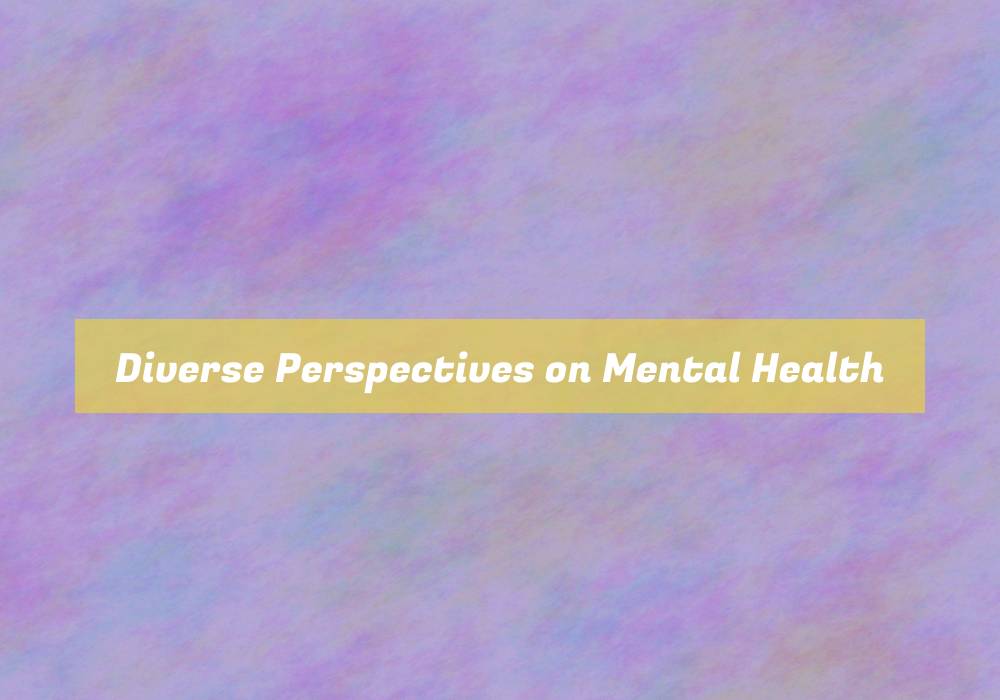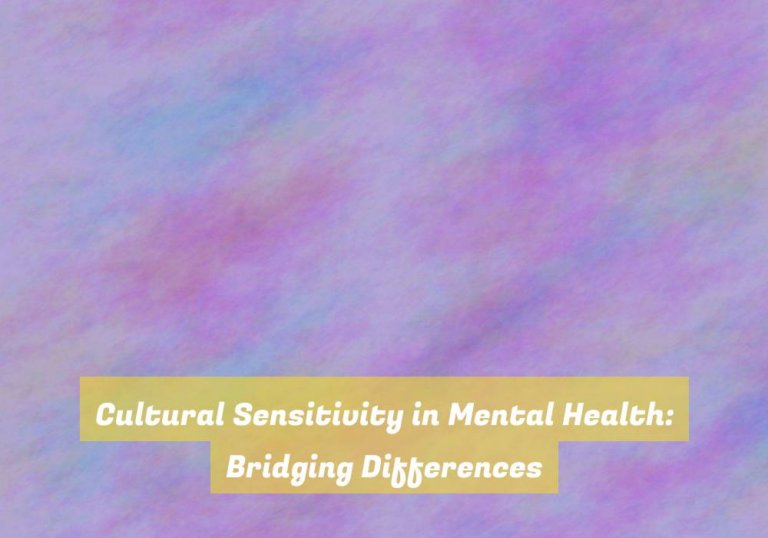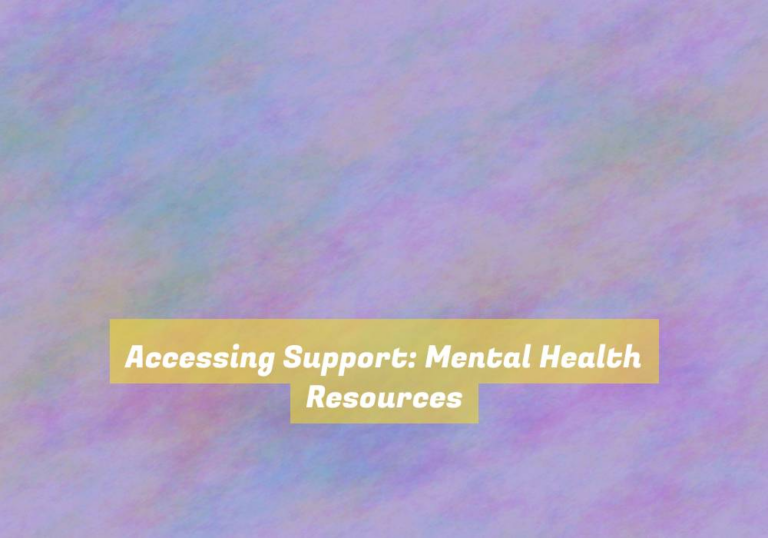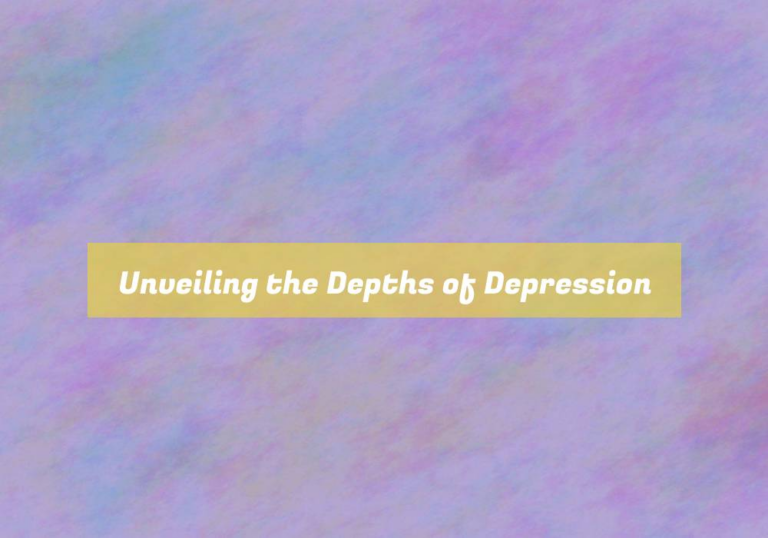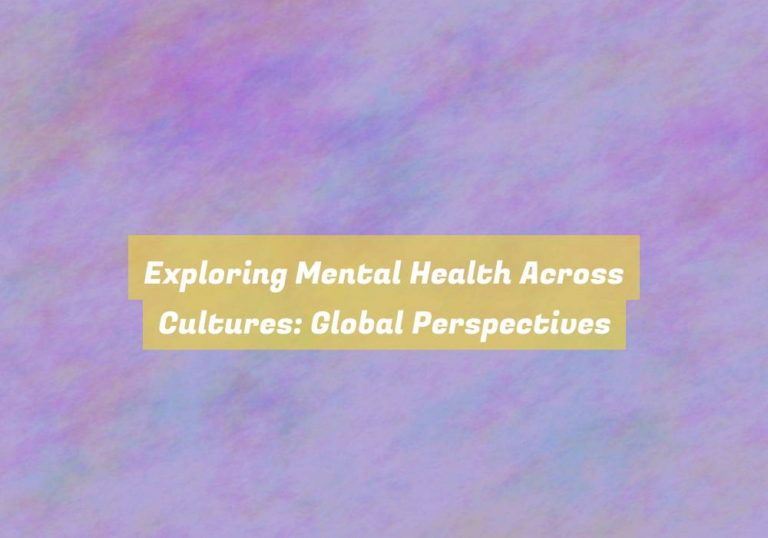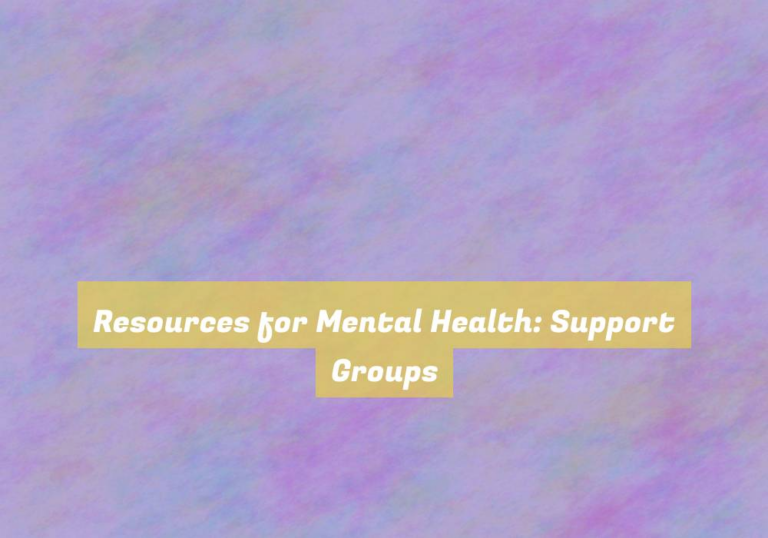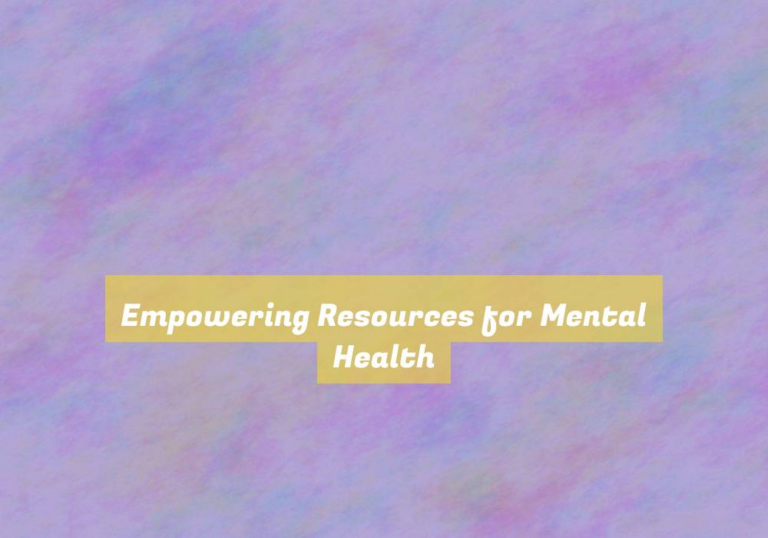Diverse Perspectives on Mental Health
Just as a kaleidoscope offers a multitude of colorful patterns, so too do diverse perspectives shed light on mental health.
Exploring the various cultural, gender, LGBTQ+, and ethnic lenses through which mental health is viewed provides a deeper understanding of the complexities surrounding this topic.
Each perspective brings its own unique insights, challenges, and solutions to the forefront, enriching the discourse on mental health in ways that cannot be achieved through a singular viewpoint.
Understanding these diverse perspectives is essential for fostering a more inclusive and effective approach to addressing mental health issues.
Cultural Influences on Mental Health
Understanding how cultural factors impact mental health is essential for providing effective and sensitive care to diverse populations. Cultures have varying attitudes and beliefs surrounding mental health, which significantly influence how individuals perceive, experience, and seek treatment for mental health issues.
For example, in some cultures, mental health problems may be stigmatized, leading individuals to avoid seeking help or to conceal their struggles. Conversely, other cultures may have more open and accepting attitudes towards mental health, encouraging individuals to seek support and treatment. Furthermore, cultural norms regarding family dynamics, community support, and religious or spiritual beliefs can all play a role in shaping an individualG??s mental well-being.
ItG??s crucial for mental health professionals to recognize and respect these cultural differences when providing care. By understanding how cultural factors intersect with mental health, professionals can tailor their approaches to better meet the needs of diverse populations. This may involve incorporating traditional healing practices, involving family members in treatment, or respecting specific cultural beliefs and practices.
Ultimately, a culturally sensitive approach to mental health care can help bridge the gap and ensure that individuals from all cultural backgrounds receive the support and treatment they need.
Gender and Mental Health
Gender plays a significant role in shaping how individuals experience and address mental health challenges. Society often imposes specific gender expectations that can impact mental health.
For example, men are often socialized to suppress emotions and seek help less frequently than women, which may lead to untreated mental health issues. On the other hand, women may face unique stressors such as gender-based violence or societal pressure to fulfill multiple roles, potentially impacting their mental well-being. Additionally, non-binary individuals or those who donG??t conform to traditional gender norms may encounter discrimination and lack of understanding, adding additional layers of complexity to their mental health experiences.
Furthermore, gender can influence the types of mental health issues individuals are more susceptible to. For instance, women are more likely to be diagnosed with depression and anxiety disorders, while men may be more prone to substance abuse and antisocial behavior.
Understanding how gender intersects with mental health is crucial for developing effective and inclusive support systems that address the diverse needs of individuals based on their gender identity.
LGBTQ+ Community and Mental Health
The impact of societal expectations and gender norms on mental health extends to the LGBTQ+ community, influencing their unique mental health experiences and challenges. As a member of the LGBTQ+ community, you may face discrimination, stigma, and rejection, which can take a toll on your mental well-being.
The struggle for acceptance and the fear of being ostracized by family, friends, or society at large can lead to anxiety, depression, and other mental health issues. Additionally, the lack of representation and understanding in mainstream mental health discourse can make it difficult for you to access appropriate care and support.
ItG??s important to acknowledge that your experiences are valid and that seeking help is a sign of strength. Finding affirming and inclusive mental health resources, such as LGBTQ+ competent therapists or support groups, can make a significant difference in your well-being.
Embracing your identity and building a strong support network within the LGBTQ+ community can also contribute to your mental resilience. Remember that your mental health matters, and seeking help and support is a courageous step towards holistic well-being.
Ethnicity and Mental Health
Experiencing the intersection of ethnicity and mental health can present unique challenges and impacts on your well-being. Your cultural background can significantly influence your perceptions of mental health and the stigmas attached to seeking help. In some ethnic communities, there may be a lack of awareness or understanding about mental health issues, leading to feelings of shame or embarrassment when discussing or seeking treatment for mental health concerns.
Additionally, cultural norms and practices may affect how mental health symptoms are expressed and interpreted.
Access to mental health resources and support can also be influenced by your ethnicity. Language barriers, cultural insensitivity within healthcare systems, and a lack of culturally competent mental health professionals can make it difficult for individuals from ethnic minority groups to receive adequate care. Moreover, experiences of discrimination and systemic inequalities can contribute to higher levels of stress and mental health challenges within certain ethnic communities.
ItG??s important for mental health professionals to recognize and respect the influence of ethnicity on mental health experiences and tailor their approaches to be culturally sensitive and inclusive. Seeking support from professionals who understand and appreciate your cultural background can be vital in addressing mental health concerns within the context of ethnicity.
Conclusion
YouG??ve learned about the diverse perspectives on mental health, from cultural influences to gender, LGBTQ+ communities, and ethnicity.
ItG??s important to recognize and respect the unique experiences and challenges each group faces when it comes to mental health.
By understanding and embracing these differences, we can work towards creating more inclusive and effective support systems for everyone.
Keep an open mind and continue to educate yourself on the various factors that impact mental health in different communities.

